Veysel Yayan, Secretary General of the Turkish Steel Producers Association (TCUD), stated that the Turkish steel industry holds a unique position in the global supply chain, saying, “In 2024, Turkey ranked as the world’s 8th largest steel producer with 36.9 million tons. As of the first eight months of 2025, it has once again risen to 7th place globally and become the largest steel producer in Europe.”
Steel, the fundamental raw material for the construction, automotive, energy, and machinery industries, continues to be one of the indispensable elements of the global economy.
With its durability, recyclability, and wide range of applications, steel remains one of the most critical building blocks of industrial production worldwide.
Steel production not only indicates industrialization but also represents a strategic factor that defines a nation’s economic strength. From renewable energy investments to infrastructure projects, steel plays a vital role and serves as the foundation of sustainable growth.
According to data compiled by Anadolu Agency (AA) from the World Steel Association, China produced 1 billion tons of crude steel in 2024 — more than the combined total of all other countries.
Following China, India ranked second with 149 million tons, and Japan third with 84 million tons.
The United States ranked fourth with 79.5 million tons, Russia fifth with 71 million tons, and South Korea sixth with 63.6 million tons. Germany (37.2 million tons), Turkey (36.9 million tons), Brazil (33.8 million tons), and Iran (31.4 million tons) followed, making up the world’s top 10 steel producers.
These top 10 countries account for about 85 percent of global steel production. However, China’s 53 percent share alone makes global steel supply highly sensitive to its economic fluctuations.
“The Turkish steel industry exports to a vast geography”
Speaking to AA, Yayan noted that Turkey exports steel to a broad range of regions — from Europe to the Americas, and from the Middle East to Africa.
He emphasized that the Turkish steel sector holds a special position in the global supply chain, exporting to more than 180 countries:
“In 2024, Turkey ranked 8th in the world with 36.9 million tons of steel production. As of the first eight months of 2025, it has regained its previous 7th place globally and become the largest steel producer in Europe. Our sector’s flexible and resilient production structure, product quality, and quick delivery times set it apart from others. Furthermore, it has demonstrated its strength by maintaining uninterrupted operations even during global crises and economic turbulence,” he said.
Yayan recalled that while many countries were forced to temporarily halt production during the COVID-19 pandemic, Turkish steel producers continued operating.
Despite this strong foundation, Yayan cautioned that China’s dominance — accounting for more than half of global steel production — exposes not only Turkey but all countries to global market fluctuations. “When domestic consumption declines, the world’s largest steel producer, China, and other Far Eastern countries redirect their surplus output to international markets, causing severe disruptions. A 1 percent drop in Chinese consumption translates to 10 million tons of additional exports globally. With new capacity additions expected, similar dynamics could soon emerge in other Far Eastern nations,” he explained.
“Protectionist measures pose another challenge for competitiveness”
Yayan warned that protectionist policies have become another major challenge for the sector’s competitiveness.
“Following the United States’ 50 percent tariff, the European Commission’s ongoing work to reduce steel import quotas by 47 percent, along with similar plans by countries like Mexico and Canada, will make large portions of global steel markets inaccessible to foreign suppliers. This will inevitably push large-scale producers — especially from China, the Far East, and Russia — toward the Turkish market,” he said.
He noted that such developments risk causing losses in Turkey’s largest export market, the EU, negatively affecting capacity utilization rates and profitability. In the long term, the continuation of these measures could weaken investment appetite and delay capacity expansion projects.
“Despite all challenges, the Turkish steel industry continues to strengthen its position in global markets by focusing on new strategies, diversifying export destinations, shifting toward high value-added production, and investing in green transformation,” he added.
“A strong steel industry is a pillar of national security and sustainable development”
Yayan emphasized that a strong steel industry not only supports economic growth but also underpins national security, strategic independence, and sustainable development.
He warned that dependence on imported steel increases supply chain risks and makes national decision-making processes more vulnerable to external factors.
According to Yayan, the Turkish steel industry has been investing heavily in green transformation and capacity expansion to meet rising domestic demand and enhance export potential. “The main goal is to further develop a high-quality, competitive, and sustainable production infrastructure. Capacity development projects focusing on high value-added products are particularly noteworthy. Investments targeting special-grade steels used in automotive, defense, energy, and shipbuilding are gaining momentum. These projects not only increase production but also enhance product diversity and international competitiveness,” he said.
Yayan added that although Turkey currently has sufficient capacity to meet domestic steel consumption, its capacity utilization rate remains relatively low at around 63 percent. The share of imported inputs in total steel consumption stands at about 48 percent — more than double the EU’s level, which has raised concerns in Europe.
He concluded by stressing the need to reduce the share of imported inputs to reasonable levels and called for supportive measures: “To encourage capacity growth and strengthen domestic production, incentive mechanisms must be implemented, energy costs balanced, and financing facilities for environmental investments expanded.”
Source:AA


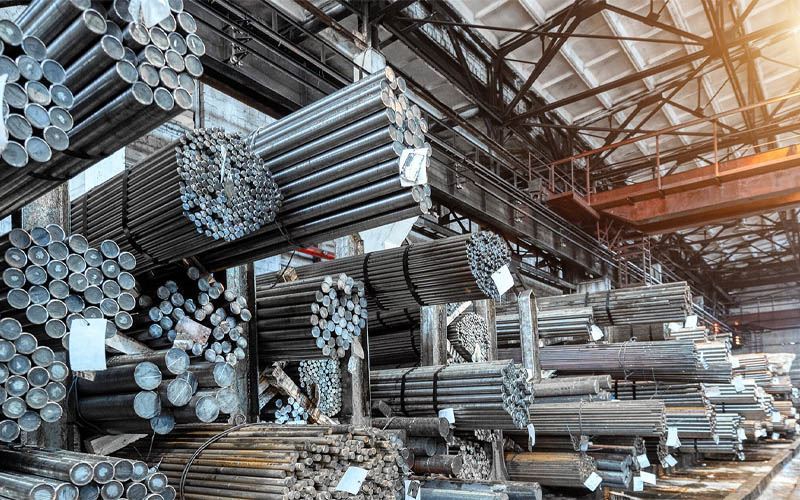

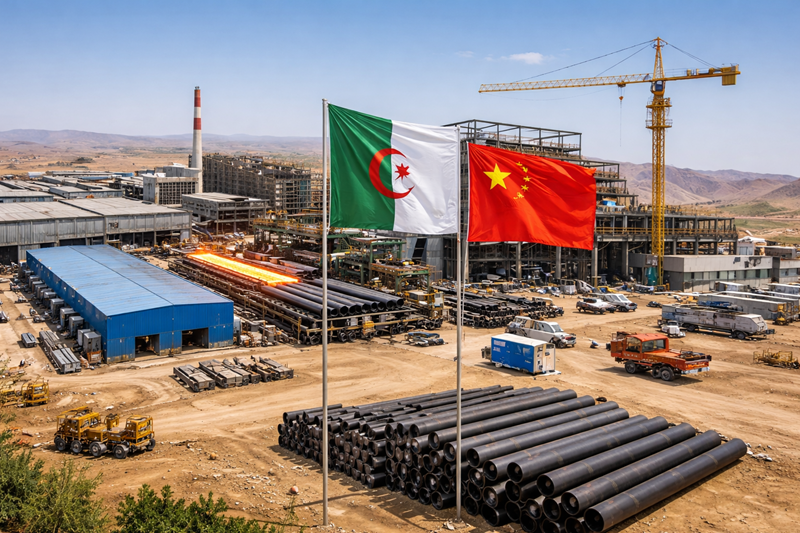
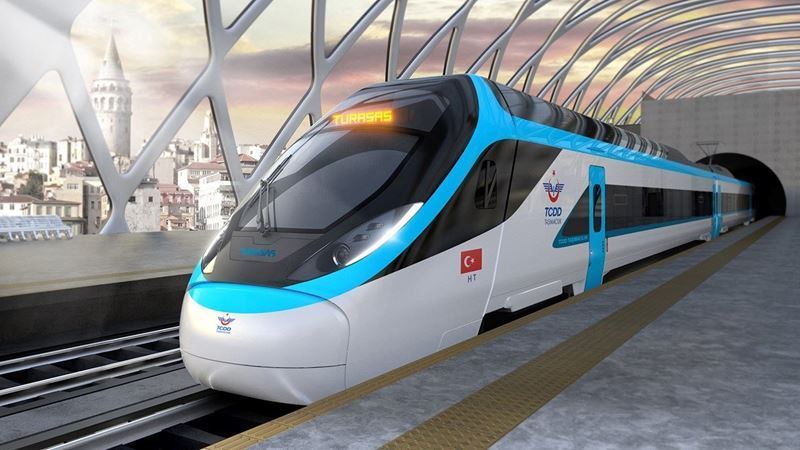
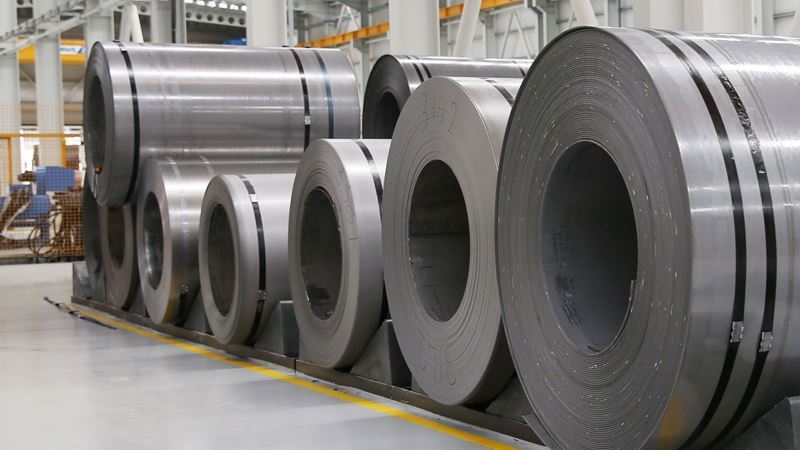

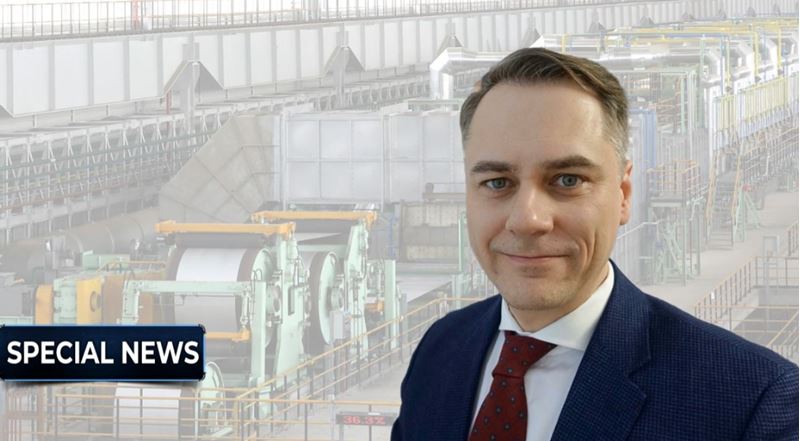


Comments
No comment yet.